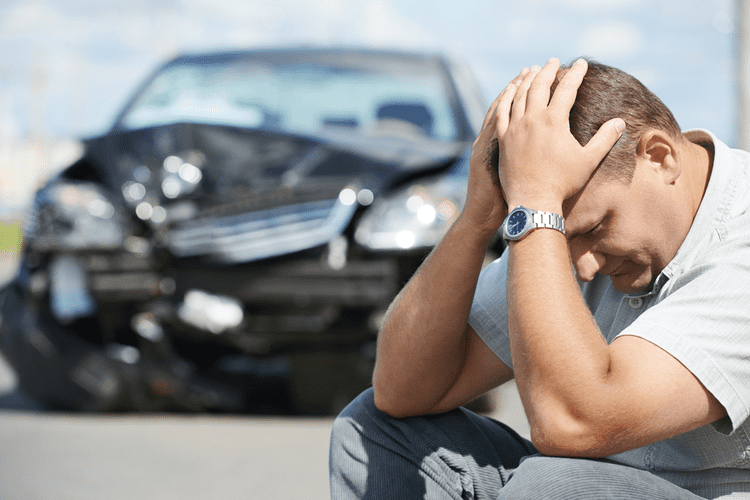Alcohol and Anger: Symptoms and Management
People who are the closest to the alcoholic who struggled with anger often get the most abuse. You may find yourself walking on eggshells to avoid an alcohol-induced anger outburst. Alcohol severely decreases cognitive function, which makes it harder to problem-solve, make safe decisions, and control aggression. Lack of impulse control can make someone fly into a fit of rage or become aggressive rapidly.
- In many situations, yes, the perpetrator of violence has abused alcohol, but in some cases, the victim abuses alcohol, often as a means of coping with the trauma of violence or abuse.
- The management for a person who is addicted and has anger issues includes the following ways.
- You might not recognize how much you drink or how many problems in your life are related to alcohol use.
- While stimulants, such as coffee and Adderall, target dopamine receptors in the brain, alcohol and other depressants target the brain’s GABA receptors.
- „In our society alcohol is readily available and socially acceptable,“ says Jill Bolte Taylor, PhD, author of Whole Brain Living, explains.
It is also possible that excessive alcohol consumption is causing a depletion of the neurotransmitter serotonin, which plays a role in mood regulation. A 2013 study published in the National Library of Medicine found that alcohol has both acute and chronic adverse effects on learning-related plasticity across brain regions, which contributes to cognitive dysfunction and even disability. In other words, long-term anger management is borderline impossible when someone is drinking regularly or in excess. Healing can’t happen when alcohol is involved, so the anger continues.
Why Some Alcoholics Become Angry or Aggressive When They Drink?
Together, you can choose the best course of treatment for your needs. To combat aggressive behavior when drinking, individuals should consciously seek help. Alcohol impairs cognitive function, which means it is more difficult to problem-solve, control anger, and make good decisions when drinking. Decreased cognitive function also means it’s more likely for you to misread a situation and overreact.

There is also a theory that the disinhibition that alcohol creates raises the risk of violent behavior. Heavy drinkers are more likely to engage in risky behavior, which includes being violent and acting out hostile emotions, often against a loved one. This occurs in long-term relationships such as marriage, as well as all dating scenarios.
Alcohol and Domestic Violence
The link between alcohol and anger has to do with alcohol’s ability to remove your inhibitions and disrupt your emotional regulation. When you drink alcohol, parts of your brain that manage anger are suppressed, making it more likely for angry feelings to bubble to the surface. According to a review from 2017, alcohol is more likely to cause personality shifts related to negative emotions, but that doesn’t mean anger is the most common emotional experience while drinking. If you live with underlying anger challenges, for example, it may not be as noticeable when you’re sober because your frontal lobe allows you to manage your emotions and your behaviors. When you drink alcohol, those inhibitions are lifted, and if you’re feeling angry, you’re more likely to express it and do so in an exaggerated way. There is strong and consistent evidence that drinking alcohol increases your risk of developing a cancer, based on a growing body of research.
It’s perfectly acceptable to feel anger when someone treats you or your loved one with unfairness or cruelty. These programs organize your treatment session based on your schedule. The goal of outpatient treatment is to alcohol depression and anger provide therapy, education, and support in a flexible environment. If you or your close ones are struggling with alcohol misuse or alcohol-related anger, you can consult online with Confidant Health’s professionals.
Outpatient treatment
Violence can occur in marriages, long-term partnerships, and dating relationships. People who tend to ignore the future consequences of their behavior, or score low on the Consideration of Future Consequences (CFC) scale, have been found to display more aggression. This is heightened when consuming alcohol, according to a 2012 study. There are a number of cognitive, neurobiological, and social factors that can influence how alcohol affects aggression. This article discusses some of the facts behind the stereotype of the „angry drunk“ and explores the connection between anger and alcohol. Because of the established link between aggression and alcohol, co-treatments have been developed that can also address anger while drinking.

While under the influence of alcohol, some people feel that aggression is an acceptable way to either assert dominance or defend themselves. These days, people who misuse alcohol can enroll in various treatment programs, whether you choose the 12-step approach or decide to enter residential treatment. If you’re looking for help getting started, it’s wise to speak with your physician first.
